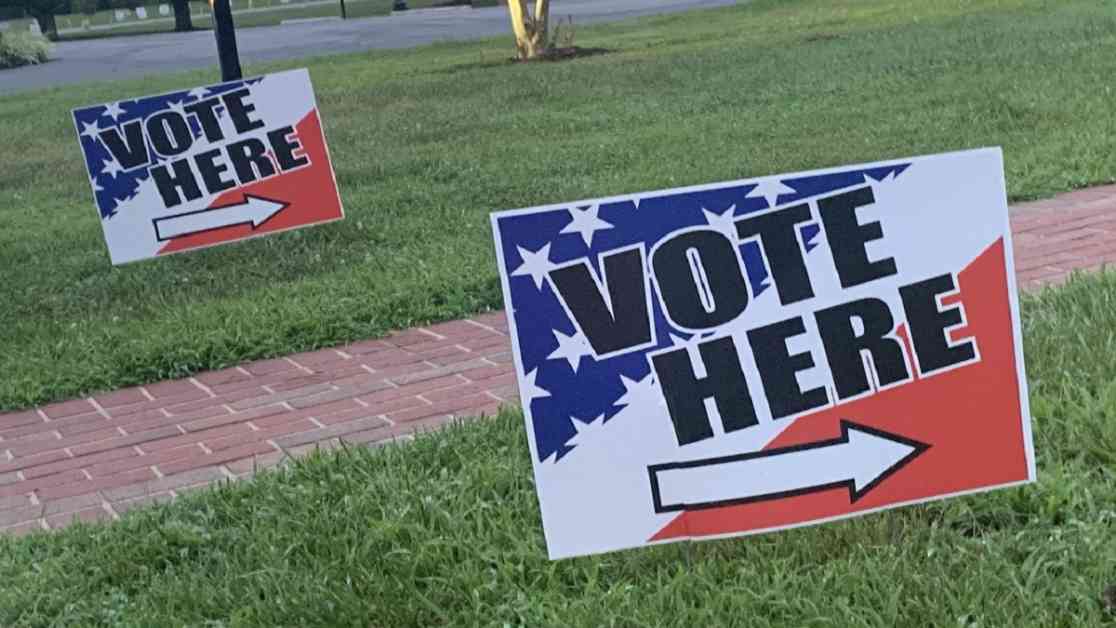Maryland Lawmakers Propose Special Elections for Long-Term Appointees
Maryland lawmakers are gearing up to introduce groundbreaking legislation that would revolutionize the way vacant legislative seats are filled. The bill, spearheaded by Del. Linda Foley, D-Montgomery County, aims to address concerns about democratic representation within the General Assembly by requiring special elections for appointees serving more than two years.
Current Appointment Process
Under Maryland’s constitution, when a state legislator steps down, the political party committee from the district steps in to select a replacement. This recommendation is then sent to the governor for approval, leading to the appointment of the chosen candidate. However, this system has come under fire for allowing these appointees to serve significant portions of a term without ever facing the voters.
Del. Linda Foley expressed her reservations about this process, highlighting the lack of direct voter input in crucial decision-making. She emphasized the need for a more democratic approach to filling vacant seats in the General Assembly.
Impact of Appointments
Nearly a quarter of Maryland’s state legislators, including Del. Foley herself, have entered office through political appointments rather than traditional elections. This trend has sparked debates about the erosion of voter influence and democratic accountability within the state’s legislative body.
The proposed legislation seeks to strike a delicate balance between preserving the appointment process and enhancing democratic participation by mandating special elections for long-term appointees.
Details of the Proposed Bill
If passed, the bill would maintain the existing appointment process for filling vacancies in the General Assembly. However, it would introduce a crucial change by requiring special elections for lawmakers appointed during the first half of their term.
Del. Foley emphasized the importance of aligning these special elections with the presidential primary and general elections to minimize costs and streamline the electoral process. By limiting special elections to early-term appointees, the bill aims to address democratic concerns without creating unnecessary financial burdens.
In conclusion, the proposed legislation represents a significant step towards enhancing voter representation within Maryland’s legislature. It underscores the ongoing debate about the intersection of efficient governance and democratic accountability, paving the way for a more inclusive and participatory political landscape in the state.

















